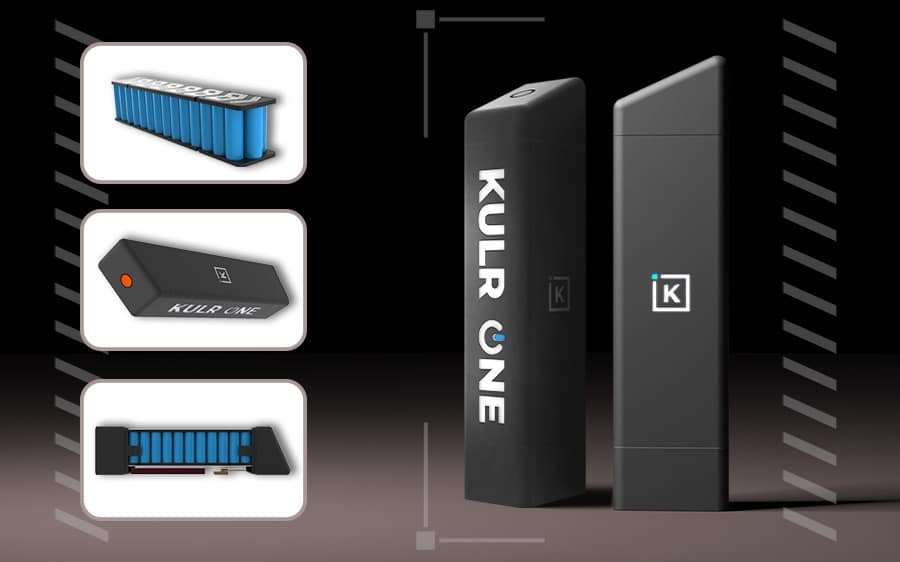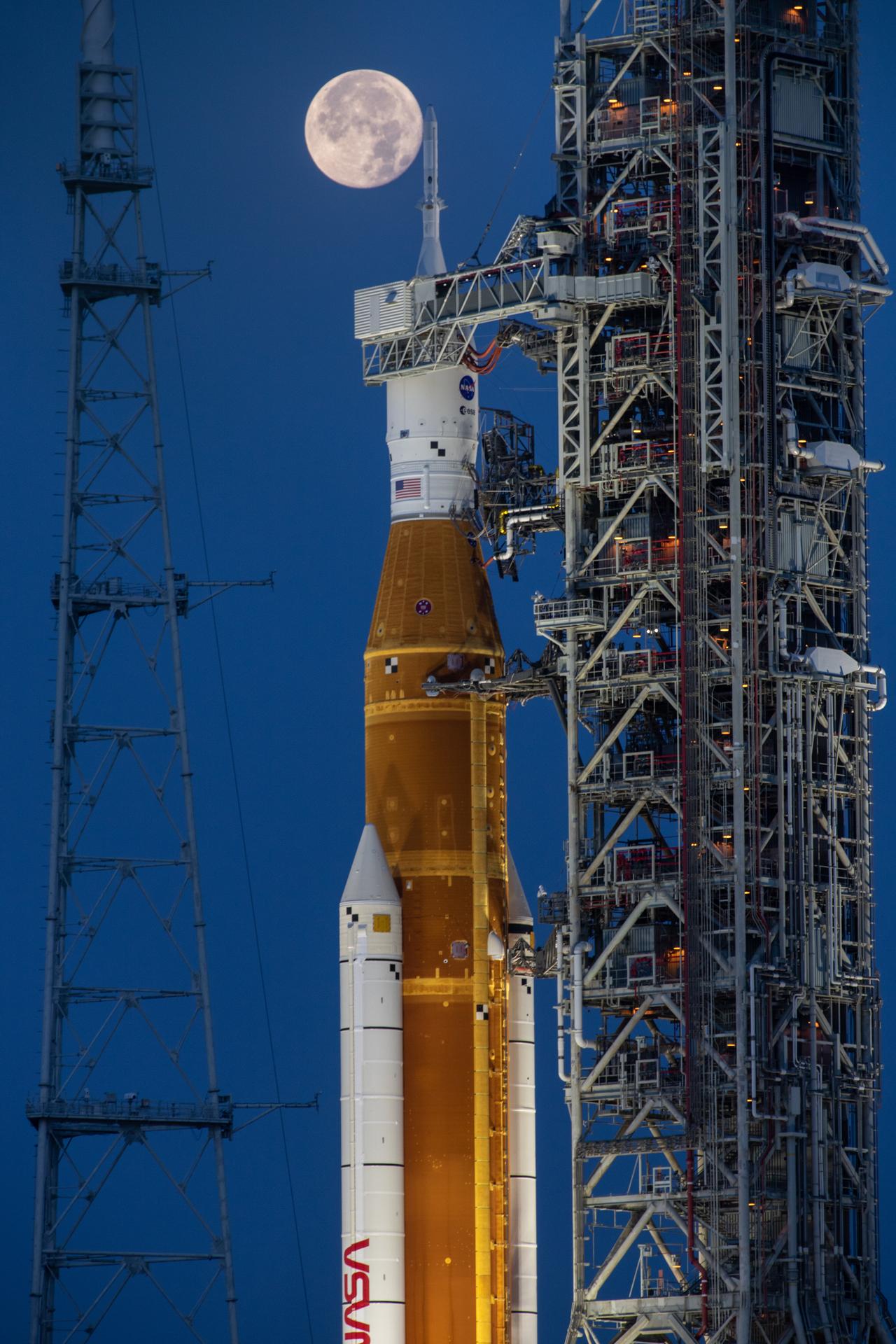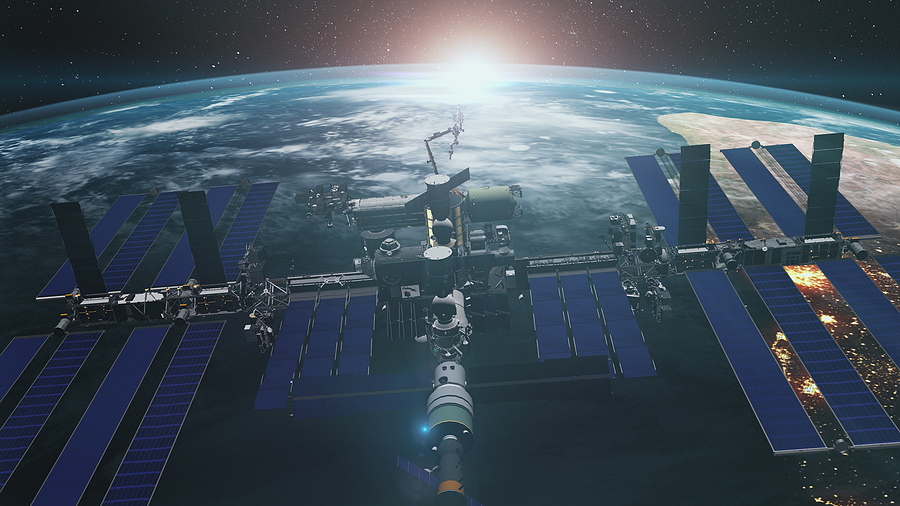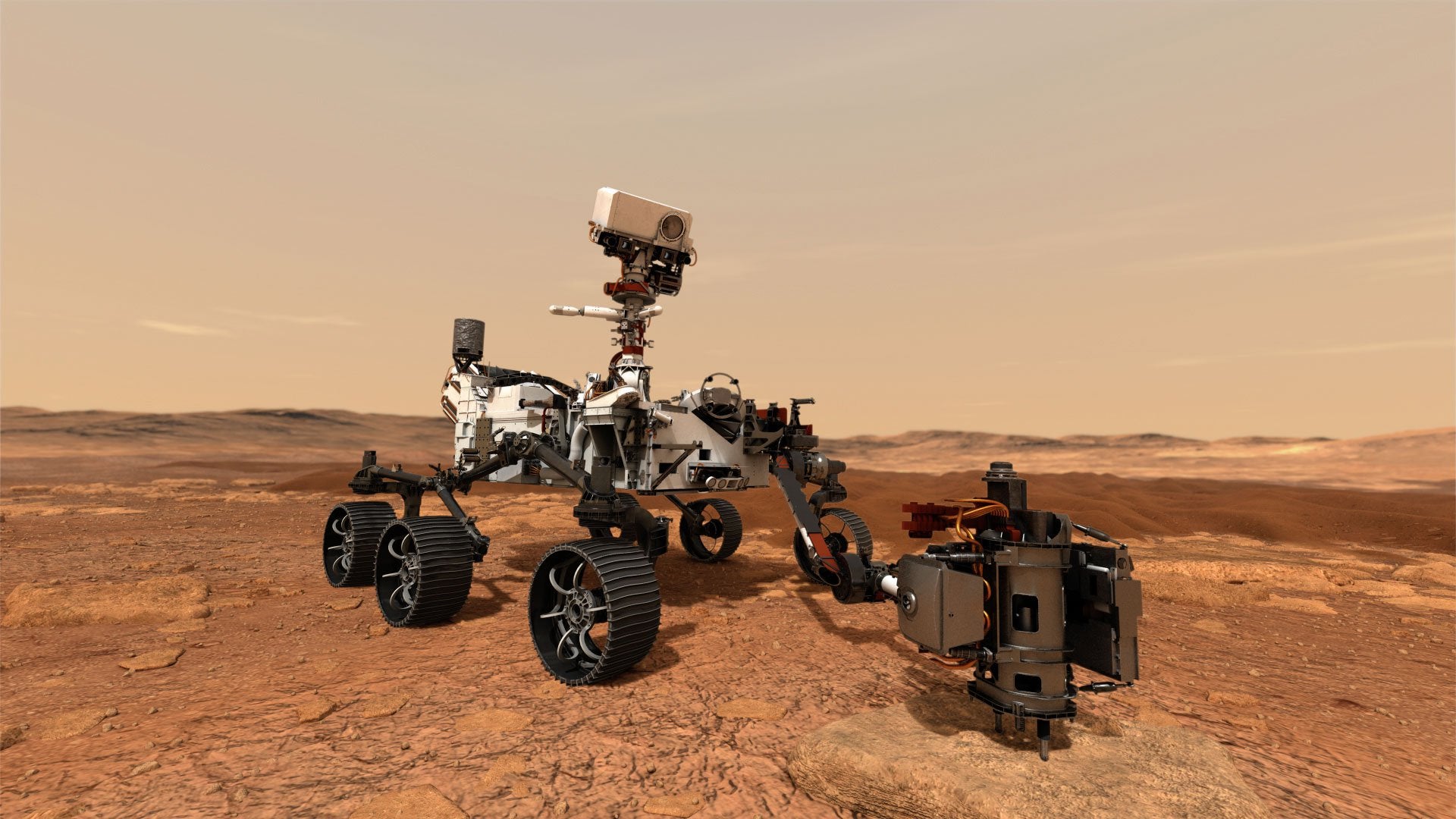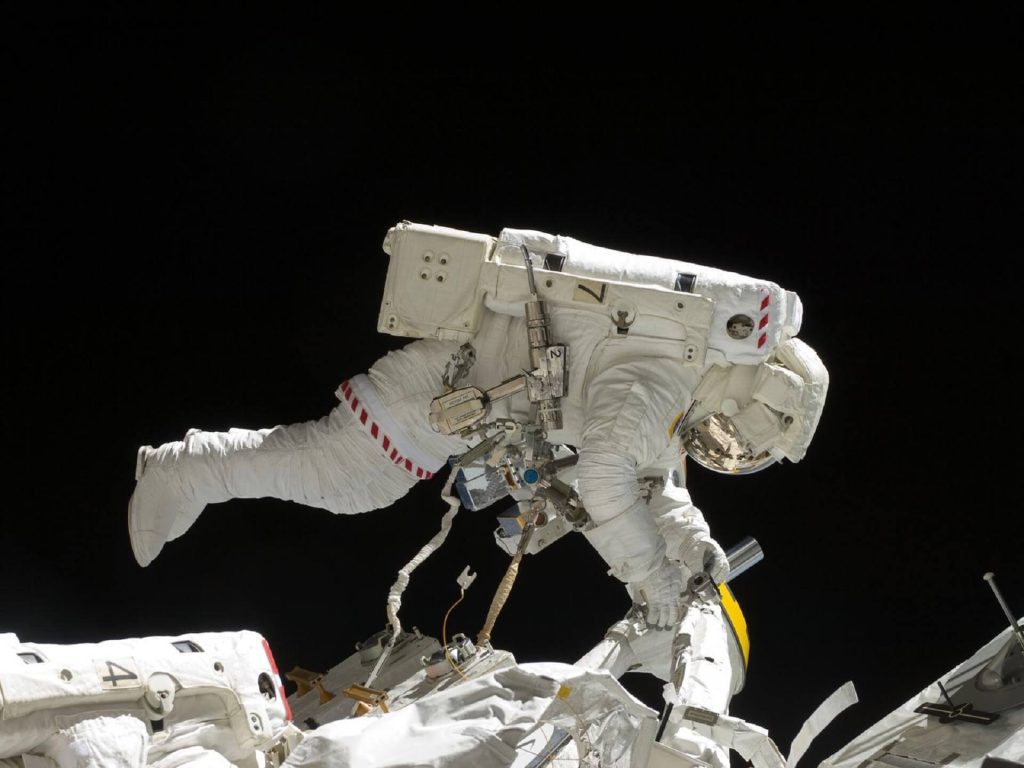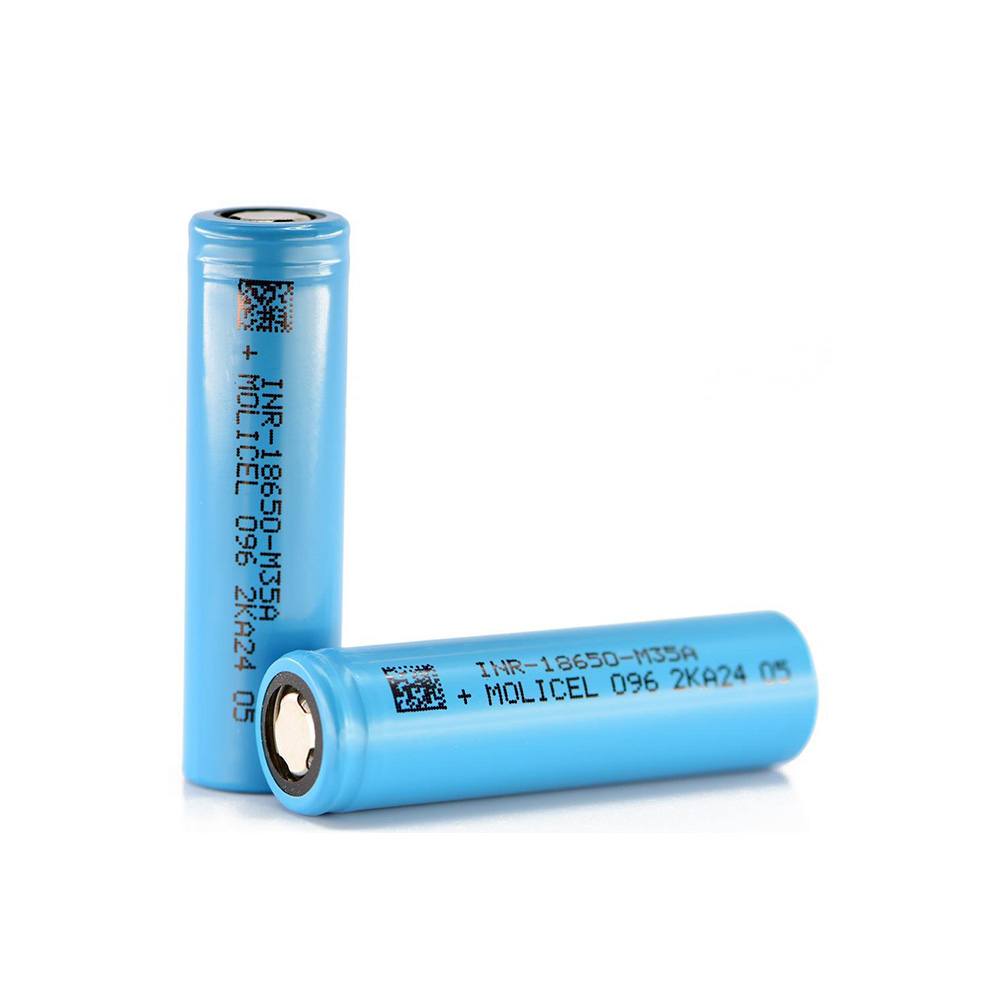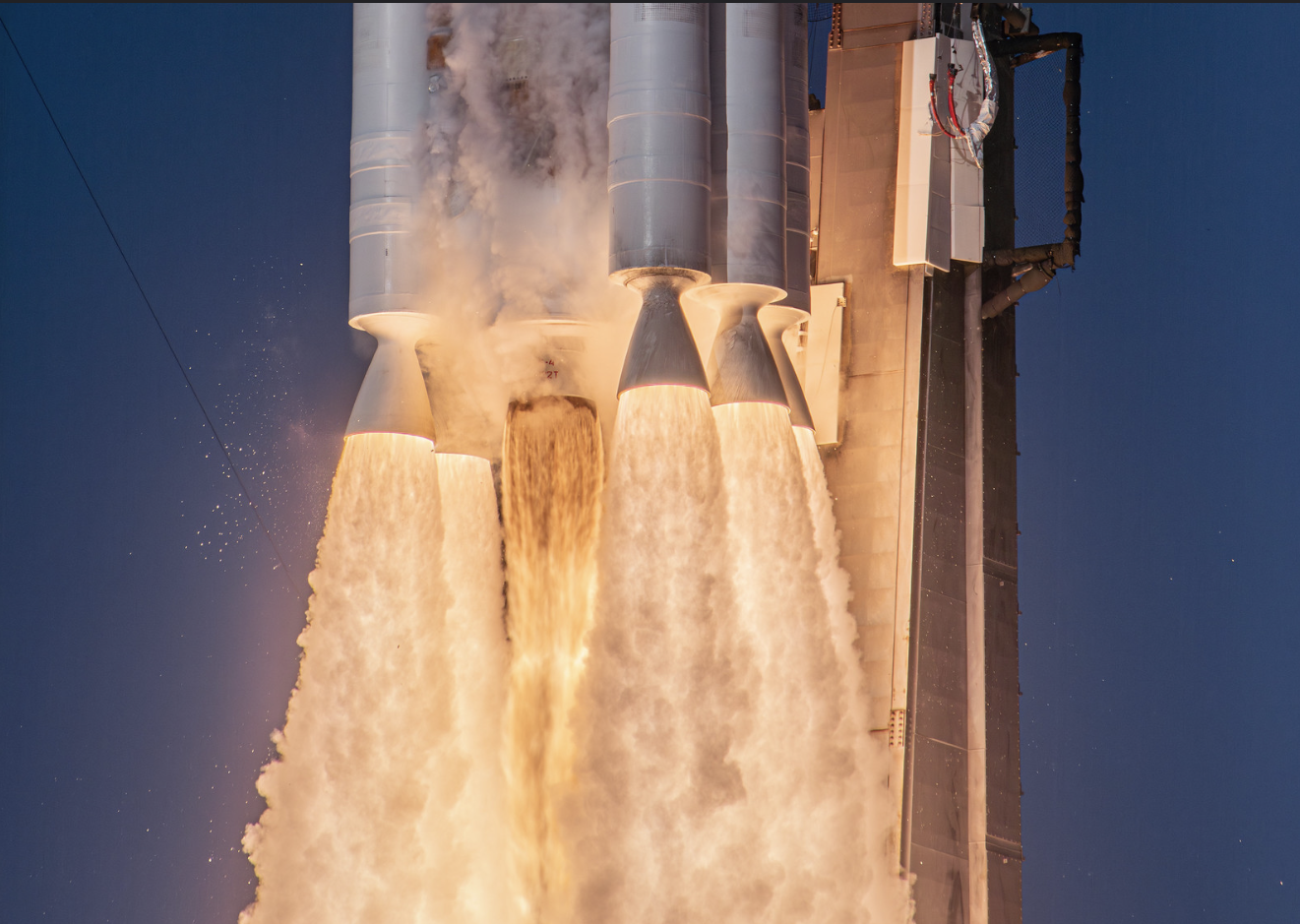Kulr Sells Nasa-certified M35a Batteries To Private Space Company

The burgeoning private space industry just received a significant boost, not from a flashy rocket launch, but from a critical, unseen component: battery technology. KULR Technology Group, Inc., a leader in thermal management and battery safety, has announced the sale of its NASA-certified M35a batteries to an undisclosed private space company. This deal marks a pivotal moment, signaling the maturity of advanced battery solutions and their increasing accessibility for commercial space ventures.
At the heart of this announcement lies the M35a battery, a power source rigorously tested and certified by NASA for demanding space applications. KULR's achievement underscores the growing importance of reliable and safe energy storage in the rapidly expanding private space sector. This partnership highlights the shift towards commercialization in space exploration and infrastructure development, leveraging NASA-validated technology for private enterprises aiming for the stars.
The Significance of NASA Certification
NASA certification is not merely a stamp of approval; it's a rigorous validation process that pushes technology to its limits. The M35a battery has undergone extensive testing, proving its ability to withstand the harsh conditions of space, including extreme temperatures, vacuum environments, and radiation exposure. This certification validates the battery's reliability and safety, making it a highly sought-after component for any space mission.
For private space companies, adopting NASA-certified components drastically reduces risk and accelerates development timelines. By incorporating proven technology, these companies can focus on innovation in other areas, rather than reinventing the wheel for fundamental components like battery systems.
KULR's M35a: A Deep Dive
The M35a battery stands out due to its advanced thermal management capabilities, a critical factor for preventing overheating and ensuring safe operation in space. KULR's proprietary technology effectively dissipates heat, preventing thermal runaway and minimizing the risk of catastrophic failure. This innovative design is crucial for maintaining battery performance and longevity in the demanding environment of space.
Beyond thermal management, the M35a is designed for high energy density and long cycle life. These attributes are essential for powering a wide range of space applications, from satellites and spacecraft to rovers and orbital platforms. The specific energy density and cycle life figures, while proprietary, are understood to significantly exceed industry standards for space-grade batteries.
The Undisclosed Partner: Speculation and Implications
While KULR has not disclosed the identity of the private space company purchasing the M35a batteries, the implications of this partnership are significant regardless. The buyer's identity remains confidential due to competitive reasons, as well as to protect customer privacy.
Analysts speculate that the buyer could be a major player in satellite constellation deployment, a company developing lunar landers, or even an entity focused on in-space manufacturing. The need for reliable and high-performance batteries is common across all these domains, making the M35a a valuable asset.
Applications in the Private Space Sector
The M35a battery can power a variety of critical systems in the private space sector. These include, but are not limited to, propulsion systems, communication arrays, scientific instruments, and life support systems on manned spacecraft. The versatility of the battery makes it suitable for a wide range of missions and applications.
The batteries also offer solutions for energy storage and power management in orbital platforms. These platforms will play a significant role in future space activities, providing hubs for research, manufacturing, and resource utilization.
Impact on the Space Battery Market
KULR's sale of NASA-certified batteries is poised to disrupt the space battery market. Historically, access to advanced battery technology for space applications has been limited and expensive. KULR's commercialization of the M35a opens up new possibilities for private companies, enabling them to access cutting-edge technology at a potentially lower cost.
This deal could trigger a wave of innovation in the space battery sector, as other companies strive to develop competing technologies. Increased competition will likely drive down prices and improve performance, further benefiting the private space industry.
Future Prospects for KULR and the Space Industry
The sale of M35a batteries to a private space company represents a significant milestone for KULR. It validates their technology and positions the company as a key player in the space economy. The company is already exploring further partnerships and developing new battery solutions tailored for specific space applications.
Looking ahead, the demand for advanced battery technology in the space sector is expected to grow exponentially. As more companies launch satellites, build orbital infrastructure, and venture deeper into space, the need for reliable and high-performance batteries will only intensify. KULR, with its NASA-certified technology and proven track record, is well-positioned to capitalize on this growing demand and contribute to the future of space exploration.
This partnership signals a new era where NASA's advancements are not confined to government projects. This translates into a faster, more cost-effective expansion into the cosmos, fueled by collaboration and ingenuity.

